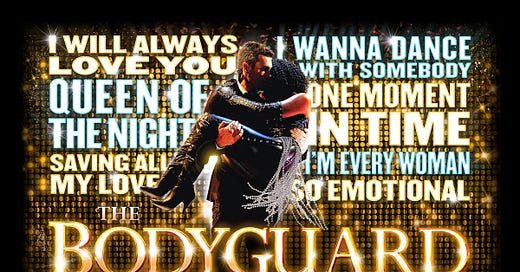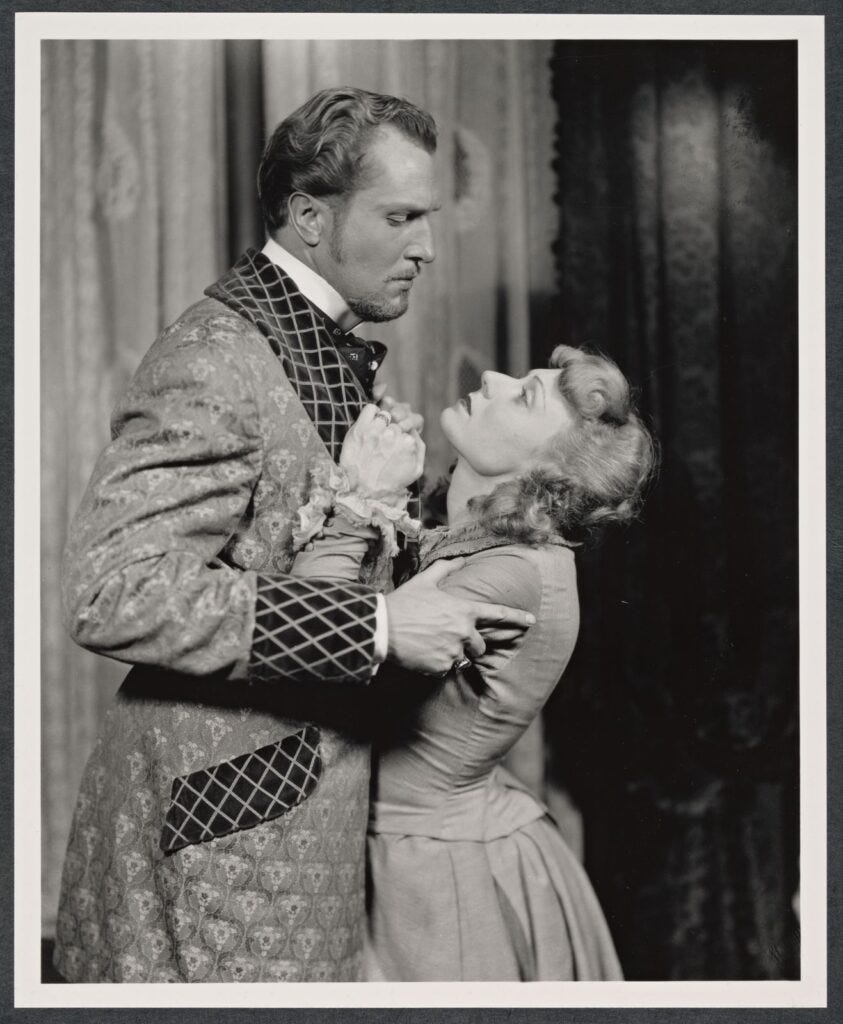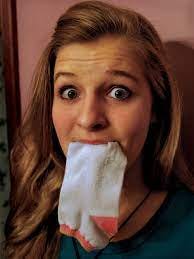A storm of protest is raging in British theatre on the subject of audience participation. Performances of the musical The Bodyguard are being interrupted by patrons singing along to its big numbers. Attempts by theatre staff to dissuade them have led to brawls. In fact, the act of being interrupted appears to trigger the violence, patrons apparently believing a ticket includes the right to join in. (It's ironic that this show should inspire such behaviour, since one scene in the original film, recreated for the musical, shows an out-of-control audience erupting onto the stage and endangering the life of Whitney Houston.)
One could argue that the British theatre brought this on itself by, in other situations, inviting audience participation; in Peter Pan, for example, where encouraging shouts bring Tinkerbell back to life. In pantomime, it's also traditional to hiss, and yell "Look out, he's behind you!" when the villain appears, or respond to his "Oh, yes I do!" with a unison cry of "Oh, no, you don't!"
In serious theatre, Clifford Odets' Waiting for Lefty requires actors to mingle with patrons, creating the effect of a union meeting. Peter Brook's anti-Vietnam show US called for performers to impersonate napalm victims by placing paper bags over their heads and groping into the stalls. Performances ended with live butterflies released, and one symbolically set alight. That one was a fake - a description critics felt described the show as a whole.
And then there was Hair, which ignored the "fourth wall" entirely, and urged us to drop our inhibitions, along with any clothing we could do without, and Let the Sunshine In. Subsequent "adult revues" encouraged even greater involvement in the action. (This briefly aligned live theatre with cinema, where more action often occurred at the rear of the stalls than on screen. A popular song of 1919 urged Take Your Girlie to the Movies/If You Can't Make Love at Home, ["There's no little brother there who always squeals./You can say an awful lot in seven reels"] and a fan once wrote to director/writer Preston Sturges "Your movie made me laugh so much I peed in my girlfriend's hand.")
I never saw Hair but did attend a New York performance of a successor, Let My People Come. It was staged cabaret style, with the audience seated at tables. Before the show, the cast, on the same principle as "dinner theatre", where actors double as waiters, circulated, fully clothed, among us. My friends, theatre professionals, quizzed one girl about working conditions: Was this an Equity show? Was nudity optional? Clearly this was a first for her. Assuming we didn't get the point, she said kindly "You don't have to talk to us, you know." Having seen them dressed was intended to make it more piquant when we saw them later naked. (The Original Cast Album was actually nominated for a Grammy. Sing-along favourites included Come in My Mouth and The Cunnilingus Champion of Company C.)
Spontaneous participation in drama is less common. Producer David Selznick praised the effectiveness of Vincent Price on Broadway in Angel Street, later more famous as the movie. Gaslight. In one scene, the man destined to rescue its heroine from Price almost gives himself away by leaving his hat in the house. “Never have I witnessed anything in the theatre remotely approaching the effectiveness of this particular scene,” Selznick wrote. “The audience was so terrified that part of it literally stood to its feet and screamed at the stage ‘The hat! The hat!’ "
On rare occasions, it's the performer who interrupts. When a mobile phone rang in the front rows during one recent West End performance, the cast stopped acting, sat down, and the lead said "Take it. We'll wait." And Sir Ralph Richardson once halted in mid-scene, walked to the footlights, enquired "Is there a doctor in the house?" and, when one identified himself, continued "Doctor, isn't this a terrible play?"
Maybe what's needed is a revival of the claque, that well-drilled corps of devoted theatre and opera fans who, between the wars in Vienna and Berlin, hired out to singers and managements. In return for a free seat, they furnished "spontaneous" standing ovations and, with a little extra inducement, guaranteed that a performer would stop the show or earn an encore. On the same principle as placing armed Air Marshals incognito on risky air routes, a few members might be sprinkled among the seats at noisier Broadway and West End shows. The appearance at his or her elbow of a burly claqueur should cause even the most vociferous amateur to put a sock in it.








I remember this from the film FAME. The King Charles cinema in London used to present ROCKY HORROR with audience participation every Sunday night, alternating with THE SOUND OF MUSIC. One man travelled to Leicester Square by tube dressed as a brown paper package tied up with string.
You need to explain further. Email me direct at john@johnbaxterparis.com or johnbaxterparis6@gmail.com.